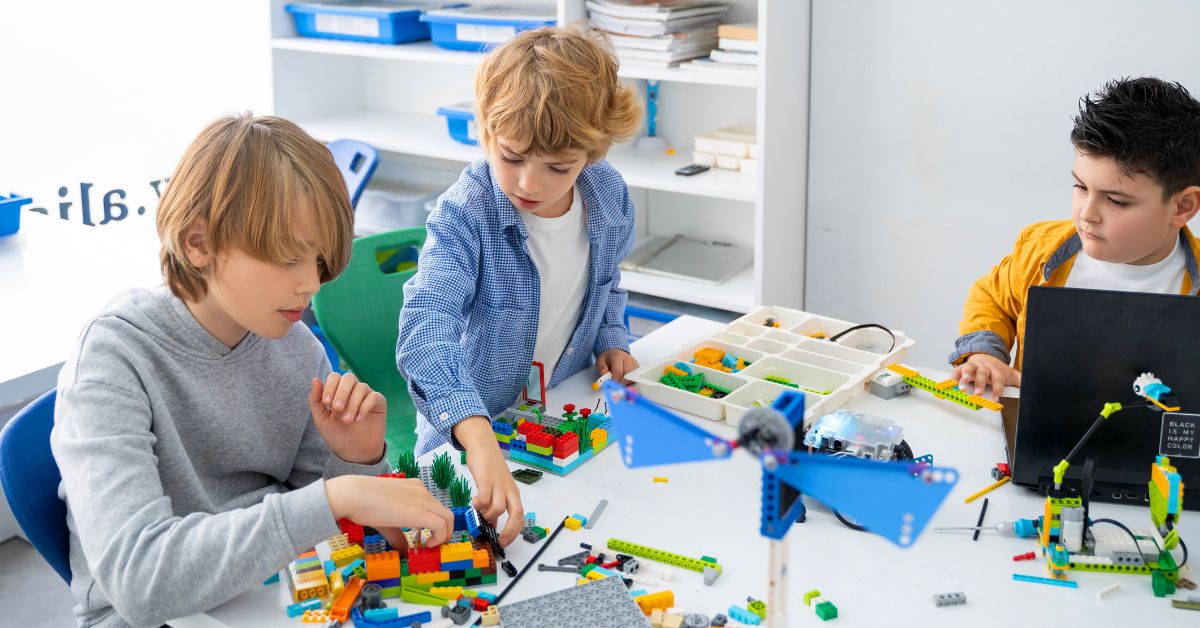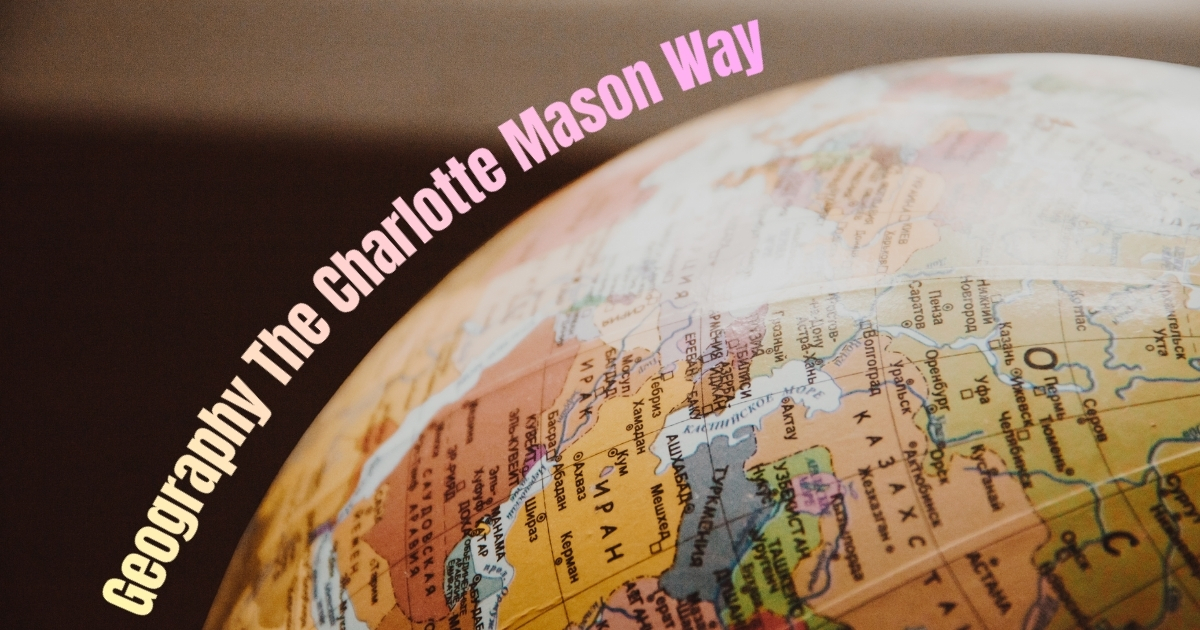In recent years, unschooling has emerged as a distinctive approach within the homeschooling community, sparking curiosity and debate among educators and parents alike. With its unconventional methods, unschooling challenges traditional educational norms and offers a unique way for children to learn and grow. But why does it stir such controversy around unschooling? For homeschooling parents, understanding this method’s appeal and its potential drawbacks is crucial in making informed decisions about their children’s education.
Unschooling is much more than a mere departure from traditional schooling; it is a philosophy that places the child’s interests and autonomy at the forefront of their educational experience. Rather than following a structured curriculum, unschooling encourages children to explore their passions and learn through real-world experiences. For many families, this approach aligns with their desire to nurture self-directed learners who can thrive in a rapidly changing world. However, the debate on unschooling vs traditional education continues to raise questions about its effectiveness and long-term impact on a child’s academic and social development.
In this blog post, we will explore the unschooling pros and cons, examine the controversy around unschooling, and provide a comprehensive guide to this alternative form of education. Whether you’re a homeschooling parent considering unschooling or simply curious about its implications, this exploration aims to equip you with valuable insights to help you make the best decision for your child’s learning journey.
Unschooling Pros And Cons
At its core, unschooling is a philosophy that believes learning should be a natural, self-directed process. It puts trust in the child’s innate curiosity and ability to explore the world around them. Unlike traditional education, which follows a set curriculum and schedule, unschooling allows children to follow their interests and passions at their own pace.
This approach fosters a love for learning by encouraging children to take ownership of their education. It recognizes that each child is unique and learns differently, offering the flexibility to tailor learning experiences to suit individual needs. This adaptability is one of the primary reasons families are drawn to unschooling, as it allows children to thrive in an environment free from the constraints of standardized testing and rigid academic expectations. However, the very principles that make unschooling appealing also contribute to the controversy around unschooling.

Critics argue that without a structured curriculum, children may miss out on essential academic skills and knowledge. This lack of formal education can lead to gaps in learning and potentially impact future opportunities. Additionally, unschooling relies heavily on parental involvement and support, which may not be feasible for all families.
When considering unschooling, it’s essential to weigh the unschooling pros and cons.
Advantages:
- Personalized learning experience:
- Aligns with a child’s interests and strengths.
- Encourages deeper engagement and a genuine love for learning.
- Provides long-lasting benefits.
- Flexibility in scheduling and learning environments:
- Allows for real-world experiences, field trips, and hands-on learning.
- Offers opportunities not typically available in traditional schools.
- Freedom to explore passions:
- Helps children develop essential life skills beyond academics.
- Encourages growth in areas of personal interest.
Challenges:
- Unschooling presents several challenges, including:
- Potential for educational gaps:
- Children may not cover all subjects.
- Foundational knowledge may differ from peers in traditional schools.
- Lack of structure:
- Can create difficulties when transitioning to higher education.
- May pose challenges when entering the workforce.
- Significant parental commitment required:
- Parents must actively facilitate their child’s learning.
- Providing guidance and support can be demanding.
- Sustainability concerns:
- High involvement may not be feasible for families with limited resources.
- Time constraints can make unschooling difficult to maintain.
- Potential for educational gaps:
Unschooling Vs Traditional Education
The debate on unschooling vs traditional education often centers around questions of academic rigor and socialization. Proponents of traditional education argue that a structured curriculum ensures children gain a well-rounded education and develop critical thinking skills. They also emphasize the importance of social interactions and extracurricular activities, which are more readily available in a school setting.
In contrast, unschooling advocates believe that traditional education can stifle creativity and limit a child’s potential to explore their interests fully. They argue that real-world experiences and self-directed learning are more effective in preparing children for the challenges of adult life.
Additionally, unschooling allows children to learn at their own pace, reducing stress and anxiety associated with standardized testing and academic pressure.
While both approaches have their merits, the controversy around unschooling often stems from misconceptions and misunderstandings about its principles and practices. It’s essential for homeschooling parents to consider their child’s unique needs and learning style when deciding between unschooling and traditional education. By doing so, they can create a learning environment that best supports their child’s growth and development.
Addressing Common Misconceptions About Unschooling
Parents play a crucial role in the success of unschooling, as they serve as facilitators and guides in their child’s learning journey. This responsibility involves creating a supportive and stimulating environment that encourages curiosity and exploration. Parents must also be proactive in seeking out resources, experiences, and opportunities that align with their child’s interests.
One of the challenges parents face is finding a balance between providing guidance and allowing their children the freedom to direct their own learning. This delicate balance requires trust in the child’s ability to learn and grow independently while also being available to offer support and encouragement when needed. For many families, unschooling fosters a strong parent-child relationship, as it encourages open communication and collaboration. This close bond can lead to a deeper understanding of the child’s needs and interests, ultimately contributing to a more fulfilling and enriching educational experience.
The controversy around unschooling is often fueled by misconceptions and myths about its effectiveness and legitimacy. One common misconception is that unschooled children lack socialization opportunities and struggle to develop essential social skills. In reality, unschooling families often seek out community groups, extracurricular activities, and social events to ensure their children have ample opportunities to interact with peers.
Another misconception is that unschooling is synonymous with a lack of discipline or structure. While unschooling does prioritize flexibility and self-direction, it still requires a certain level of organization and routine to ensure children have access to diverse learning experiences. Parents must be intentional in creating a conducive learning environment and providing the necessary resources to support their child’s education. By dispelling these myths and understanding the true principles of unschooling, homeschooling parents can make informed decisions about whether this approach is suitable for their family.
Exploring The Impact Of Unschooling On Higher Education And Career Opportunities
One of the primary concerns parents have about unschooling is its potential impact on their child’s future educational and career prospects. Critics argue that without a formal education, unschooled children may struggle to transition to higher education or compete in the job market. However, many unschoolers have successfully pursued higher education and careers thanks to their unique skill sets and experiences.
Colleges and universities increasingly recognize the value of diverse educational backgrounds and often seek out students with unconventional learning experiences. Additionally, unschoolers often demonstrate strong self-motivation, critical thinking, and problem-solving skills, which can be advantageous in both academic and professional settings.
It’s important for homeschooling parents to research potential pathways and opportunities for unschooled children, such as dual enrollment programs, online courses, and apprenticeships. By understanding the options available, parents can better prepare their children for future success.
Ultimately, the decision to pursue unschooling is a deeply personal one that requires careful consideration and reflection. By understanding the unschooling pros and cons, parents can make informed choices that align with their values, goals, and their child’s needs. It’s essential for parents to remain open-minded and flexible in their approach to unschooling, as this allows them to adapt and evolve their methods as needed.
By continually assessing their child’s progress and adjusting their strategies, parents can ensure a positive and rewarding educational experience. For those considering unschooling, seeking out support and guidance from experienced families and educators can provide valuable insights and reassurance. By learning from others’ experiences, parents can better prepare for the challenges and opportunities of unschooling.
A Compelling Option For Many Homeschool Families
The controversy around unschooling stems from its departure from traditional educational norms, but its potential benefits make it a compelling option for many homeschooling families. By exploring the debate on unschooling vs traditional education and understanding its unique principles and practices, parents can make informed decisions that best support their child’s growth and development. If you’re considering unschooling for your family, take the time to research and connect with other unschooling families to gain insights and support.
By staying informed and open to learning, you can create a fulfilling and enriching educational experience for your child. For further resources and information on unschooling, explore our recommended reading list and connect with local unschooling communities. Your child’s educational journey is a lifelong process, and by remaining engaged and proactive, you can help them thrive in a world full of possibilities.



